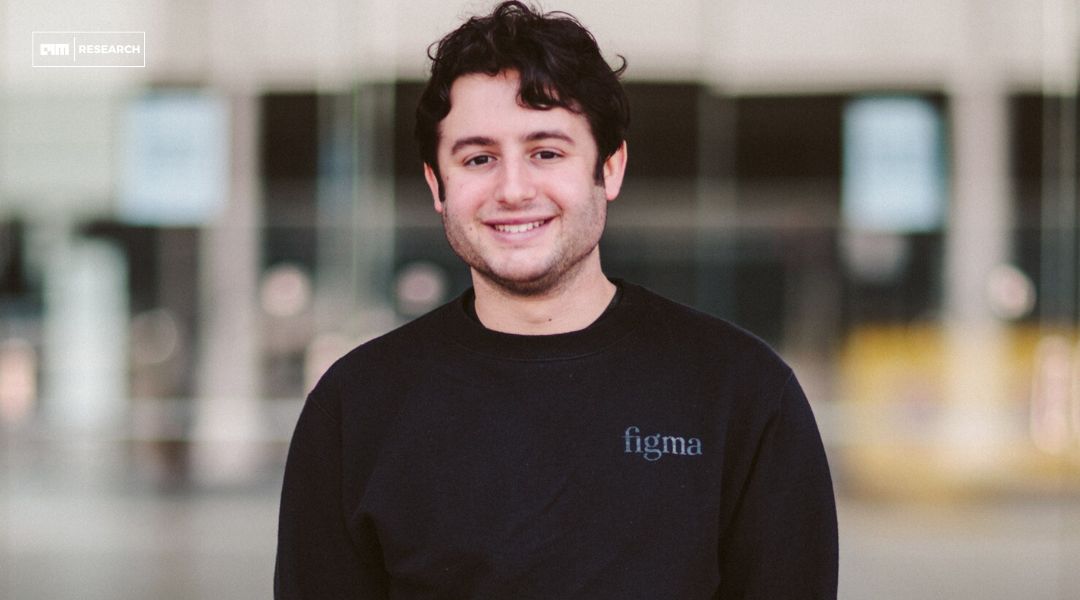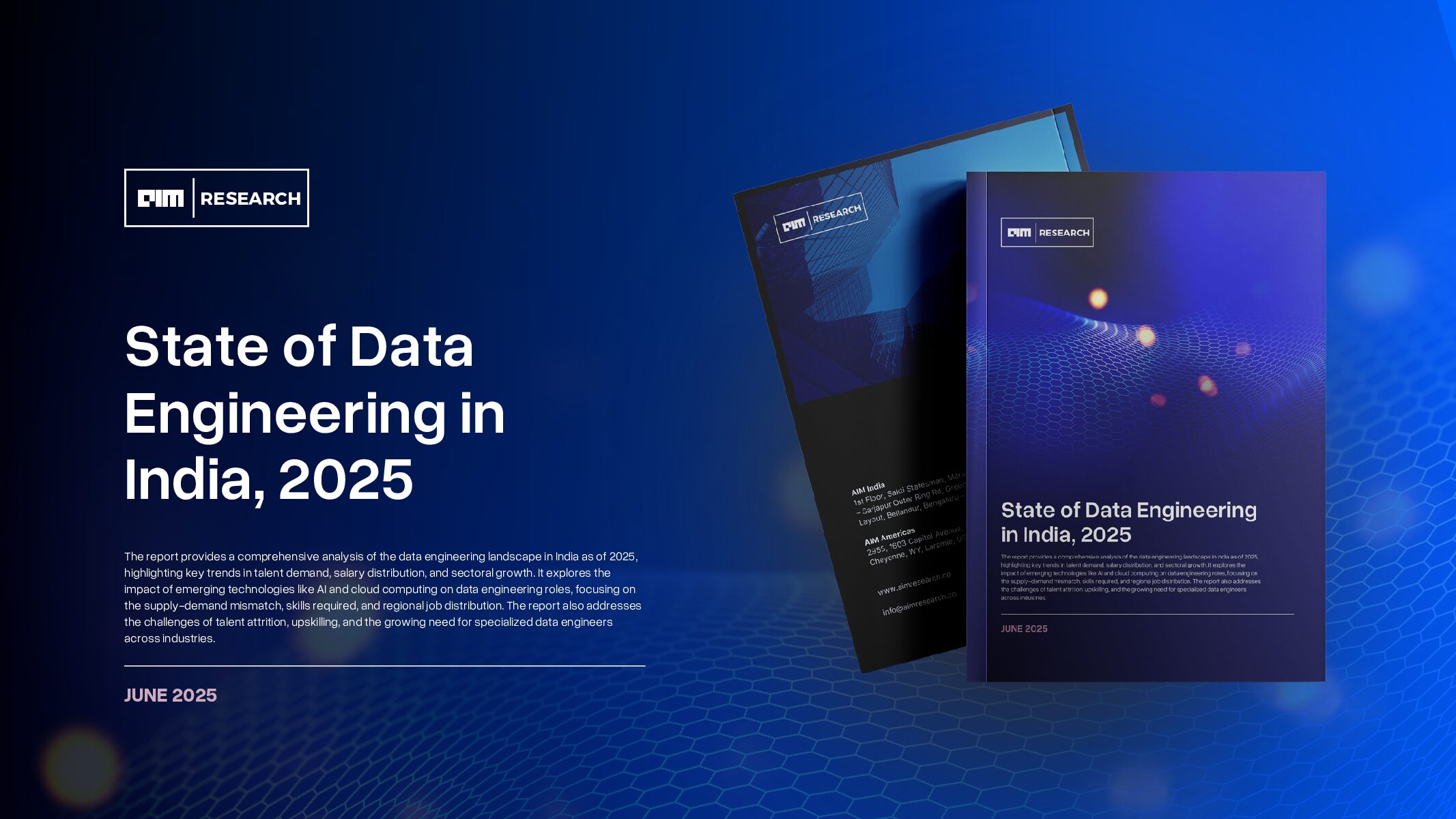In 2016, a group of visionary engineers from Google, led by Jonathan Ross, embarked on a bold mission. Having worked on the development of Google’s Tensor Processing Unit (TPU), Ross had seen firsthand the potential of AI hardware to revolutionize industries, but he also recognized its limitations. With this insight, he and his co-founder, Douglas Wightman, set out to create something even more groundbreaking: Groq, a startup focused on high-performance AI inference technology. Fast-forward to 2024, Groq is now a unicorn valued at $2.8 billion, shaping the future of AI compute with its innovative hardware solutions.
A Rocky Start
The journey wasn’t easy. As Ross himself recalled, “Groq nearly died many times.” The company was, in his own words, “maybe a little bit early” to the market, focusing on AI inference chips before the explosion of interest in AI applications that would come years later. But despite the hurdles, the team persevered, laying the groundwork for what would become a critical technology in the AI industry. Their patience was rewarded with the global launch of ChatGPT in 2022, which ignited a surge in demand for AI hardware, particularly chips optimized for AI inference—the process by which AI models make decisions based on pre-trained data.
The Breakthrough: Language Processing Unit (LPU)
At the heart of Groq’s innovation is the Language Processing Unit (LPU), an AI accelerator application-specific integrated circuit (ASIC). Designed specifically to enhance the speed and efficiency of pre-trained AI models, the LPU is Groq’s flagship product. Capable of handling inference tasks for large language models (LLMs), image classification, anomaly detection, and predictive analysis, the LPU is setting new standards for AI processing.
Groq’s LPU isn’t just fast—it’s lightning fast. It can process up to 544 tokens per second, outperforming competitors like NVIDIA’s H100 GPU. This level of performance is critical for tasks like real-time language translation, chatbot interactions, and large-scale AI applications where every millisecond counts. As Jonathan Ross explained, “We intend to make the resources available so that anyone can create cutting-edge AI products, not just the largest tech companies.”
Groq’s innovations caught the attention of tech giants, leading to critical partnerships that fueled its growth. In August 2023, Groq selected Samsung Electronics’ foundry in Taylor, Texas, to manufacture its next-generation chips using Samsung’s advanced 4-nanometer process. This partnership marked a milestone for both companies, with Groq becoming the first customer for Samsung’s new Texas-based chip factory.
Groq’s technology has not gone unnoticed. Mark Zuckerberg, CEO of Meta, highlighted Groq’s importance in the AI landscape:
“Innovators like Groq have built low-latency, low-cost inference serving for all the new models.”
Meta (formerly Facebook) is making substantial investments in AI infrastructure, particularly through the development of custom AI chips. Mark Zuckerberg has been vocal about Meta’s focus on AI, stating:
“We’re building the world’s fastest AI supercomputer to help us build much better AI models.”
Meta, which is heavily investing in AI infrastructure, sees Groq’s LPUs as a crucial component of its future AI plans, particularly in the development of advanced AI models that require robust inference capabilities.
But it was in September 2024 that Groq made its most ambitious move yet, partnering with Aramco Digital to build the world’s largest inferencing data center in Saudi Arabia. This collaboration is not only a testament to Groq’s cutting-edge technology but also highlights Saudi Arabia’s ambition to become a global AI hub. Tareq Amin, CEO of Aramco Digital, emphasized the partnership’s significance: “With the support of the Kingdom’s leadership, we are proud to partner with Groq to develop a world-leading inferencing data center in Saudi Arabia.”
The data center, set to process billions of tokens per day by the end of 2024, will scale to hundreds of billions by 2025, making Saudi Arabia a key player in AI compute infrastructure. Amin’s vision for the future workplace is one that is “completely customizable” with AI-powered hands-free systems. The Norous AI model, developed as part of the partnership, promises to transform productivity through vocal commands and real-time automation.
Recognizing the importance of developers in scaling AI solutions, Groq launched GroqCloud in February 2024. This developer platform provides access to Groq’s powerful AI chips via the cloud, allowing developers to rent chip access and build AI applications using Groq’s API. By July 2024, GroqCloud had amassed a community of over 360,000 developers, with an estimated 75% of Fortune 100 companies represented among its users.
GroqCloud’s open approach has attracted developers working on a wide range of models, including Llama 3.1, Whisper Large V3, Gemma, and Mixtral. As Groq scales, it aims to deploy over 100,000 additional LPUs into GroqCloud by the end of 2025, bolstering its capacity to serve millions of developers.
Acquisitions and Expansion
Groq’s growth hasn’t been solely organic. In March 2024, the company made a strategic acquisition by purchasing Definitive Intelligence, an analytics provider that played a key role in building GroqCloud. Definitive Intelligence’s co-founder, Sunny Madra, joined Groq to lead the newly formed GroqCloud business unit, overseeing the platform’s expansion and helping Groq deepen its influence in the AI ecosystem.
Securing Investments
Groq’s ascent to a unicorn status has been supported by a series of high-profile funding rounds. It began with a $10 million seed investment from Social Capital’s Chamath Palihapitiya in 2017, but the company’s financial milestones didn’t stop there. In April 2021, Groq raised $300 million in a Series C round led by Tiger Global Management and D1 Capital Partners, which valued the company at over $1 billion.
By August 2024, Groq had closed a $640 million Series D funding round led by BlackRock Private Equity Partners, pushing the company’s valuation to $2.8 billion. Investors like Samir Menon from BlackRock have expressed confidence in Groq’s future, with Menon stating, “The market for AI compute is meaningful, and Groq’s vertically integrated solution is well positioned to meet this opportunity.”
“We intend to make the resources available so that anyone can create cutting-edge AI products, not just the largest tech companies. This funding will enable us to deploy more than 100,000 additional LPUs into GroqCloud.” says Ross.
Samsung Catalyst Fund’s Marco Chisari also praised Groq’s potential: “Groq’s disruptive compute architecture and software-first approach has achieved record-breaking speed in Generative AI inference performance.”
The Competitive Landscape
Despite Groq’s advancements, the company faces stiff competition from AI hardware titans like Nvidia, which controls a staggering 70-95% of the market for AI chips used in training and deploying generative AI models. Other formidable rivals include Amazon, Google, Microsoft, and chip manufacturers like Intel, Arm, and AMD, all of whom are developing their own AI-focused chips.
Groq’s momentum comes at a time when one of its largest competitors, NVIDIA, faces delays. NVIDIA’s highly anticipated Blackwell B200 chips, originally expected to be released by late 2024, have been delayed due to design challenges. These chips were projected to offer a 30X performance increase over the existing H100, but the delay pushes the launch to early 2025, leaving room for competitors like Groq to capture market share.
While NVIDIA has not released official statements addressing the delay, it is clear that the additional development time could impact the company’s dominance in the AI chip sector. The setback presents an opportunity for Groq to capitalize on the gap, particularly as companies continue to seek faster, more efficient AI inference solutions.
Additionally, startups such as D-Matrix and Etched are entering the space, vying for a piece of the rapidly expanding AI chip market. However, Groq’s differentiation lies in its software-first approach and the unmatched speed of its LPU, positioning it as a potential game-changer in AI inference.
Amidst the fierce competition in the AI chip industry, Intel is taking significant steps to position itself as a leader in AI-driven computing. The company has been undergoing restructuring efforts to focus on AI PCs and related applications. Despite challenges, Intel remains optimistic about its role in the future of AI technology.
Pat Gelsinger, CEO of Intel, highlighted the critical importance of AI:
“AI is the most profound technology trend, and it’s going to impact every aspect of the industry.”
Intel projects that it will sell around 40 million AI-powered PCs this year, signaling the growing demand for AI-capable hardware in consumer devices. These efforts are part of Intel’s broader strategy to solidify its place in the AI-driven future of computing.
Scaling and Innovation
As Groq looks to the future, it has set ambitious goals. With plans to deploy over 108,000 LPUs by Q1 2025, expand its tokens-as-a-service (TaaS) offering, and accelerate the development of the next generation of LPUs, the company is well on its way to cementing its position in the AI hardware industry.
Moreover, Groq’s partnership with Aramco Digital aims to transform Saudi Arabia into a net exporter of compute power, potentially reaching up to 4 billion people across neighboring continents like Europe, Africa, and India.
Groq’s rise from a startup on the brink of failure to a multibillion-dollar powerhouse is a testament to the company’s resilience, innovation, and strategic partnerships. With key competitors like NVIDIA facing delays and companies like Meta and AWS pushing the boundaries of AI infrastructure, the next few years will be critical in shaping the future of AI hardware. Groq’s ability to provide faster, more efficient, and scalable AI solutions could give it a competitive edge in a market that’s growing more crowded every day. Whether it’s reshaping workplace productivity with Aramco Digital or empowering the next generation of developers through GroqCloud, the company’s impact on the AI landscape is only beginning.























